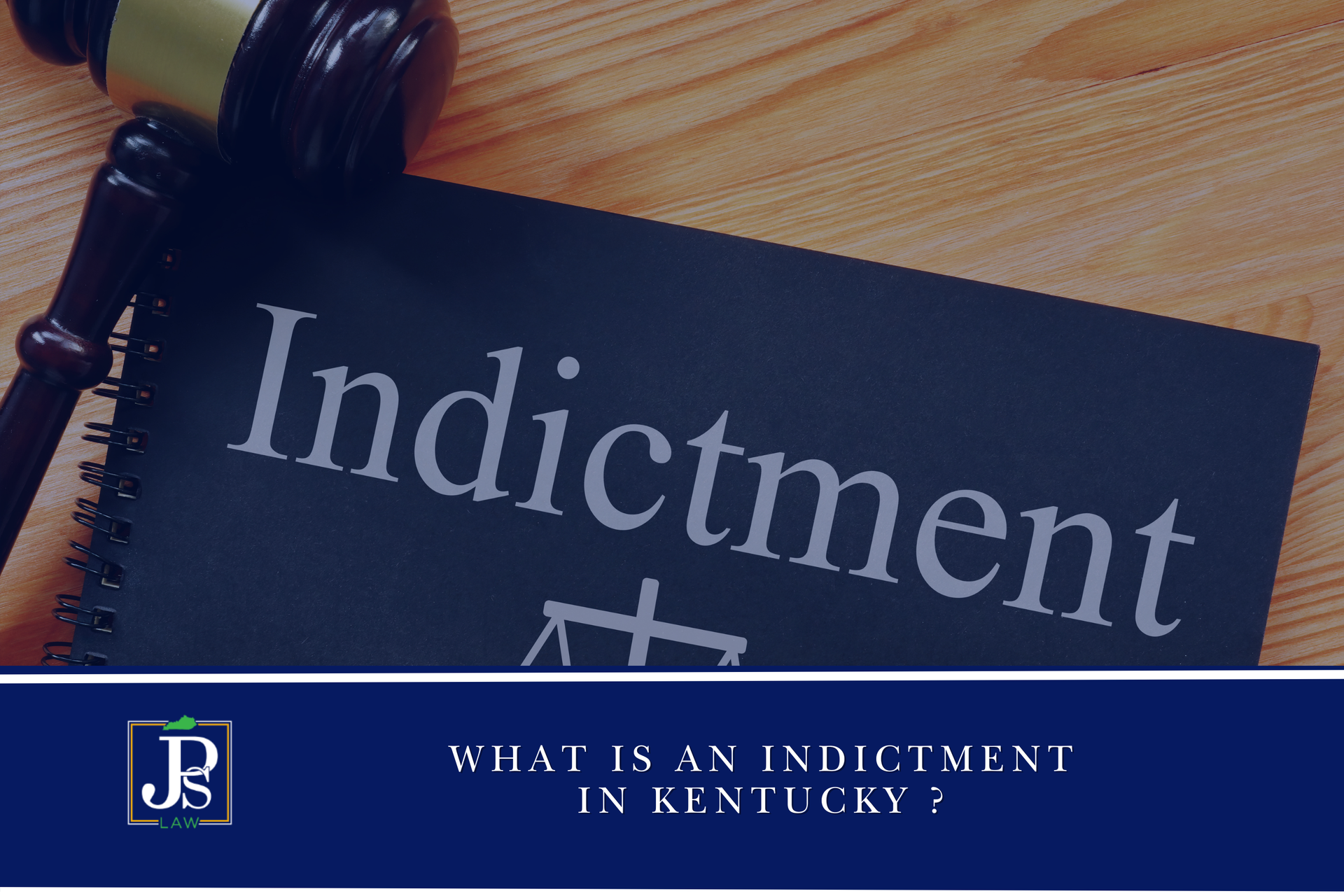Understanding the legal system can be overwhelming, with complex language and procedures that take professionals to sort through and explain. That’s why our team at JPS Law, your trusted criminal defense practice located in Lexington, Kentucky and serving the entire state, is here to explain some key terms to help you navigate through the bail and bonding process smoothly.

By focusing your attention on the concepts, you won’t have to question the differences between bond vs bail, and you will gain a much deeper understanding and confidence in engaging with the legal process.
Bond vs Bail
"Bond" and "bail" are two terms that are often interchanged, but they have distinctive differences. According to Kentucky state law, the bail is the amount set by the court that must be paid for the release of a defendant from jail while they await trial. It's a way to ensure that the accused returns to all required court dates.
In 1976, Kentucky was among the first states to outlaw commercial bail bonding as a part of the Kentucky Revised Statutes.
For those outside of Kentucky, a bond, specifically a bail bond, is an agreement between the defendant, the court, and a bail bondsman, who is third-party entity. When bail is set too high for the defendant to pay, a bail bondsman may guarantee this payment to the court in the form of a bond, effectively acting as surety for the full bail amount.
The Kentucky Bail Reform Act of 1976 and Pretrial Services
When the bail bonding process was outlawed in the state of Kentucky, a Pretrial Services office was created by the Kentucky State Legislature to administer a pretrial risk assessment and make recommendations to the courts for how to handle pre-trial release on an individual basis.
In Kentucky, pretrial release can be authorized based on one or a combination of factors:
- Personal recognizance: Also known as a PR bond, this process is when an accused person is released without the need for any financial payment. Instead, the defendant signs a written promise to appear in court at the scheduled date and time.
- Unsecured bail bond: Similar to a personal recognizance bond, the defendant is not required to provide any collateral or secure the bond with cash. However, unlike a personal recognizance bond, an unsecured bail bond sets a specific monetary amount that the defendant will owe if they do not appear in court as required. The defendant signs an agreement promising to pay the unsecured bond amount if they do not fulfill their court obligations.
- Nonfinancial conditions: Also known as a third-party surety release, this process requires a third party to sign with the defendant to assure that they will appear at the scheduled date and time. If the defendant does not show at the appropriate court date or does not follow the set conditions for their release, the co-signer is held liable and they may be help to financial penalties, including property forfeiture.
- Executed bail bonds: An executed bail bond requires the defendant or a third party to post the full bail amount in cash or collateral. If the defendant appears in court as required, the bail amount is returned, minus any administrative fees. If the defendant fails to appear, the bail is forfeited.
Contact JPS Law If You Have Questions About Bail
Understanding these legal terms related to bail and bond—and the differences between them—can greatly enhance your ability to navigate the Kentucky legal system. As experienced criminal defense practitioners throughout the Commonwealth, our legal team at JPS Law is committed to offering you valuable insights and dependable legal representation.
If you find yourself in need of guidance, don't hesitate to reach out to us for assistance. You can call or text us at (859) 940-7480 to learn about how we can help you or contact JPS Law online and a member of our team will reach out to you.




